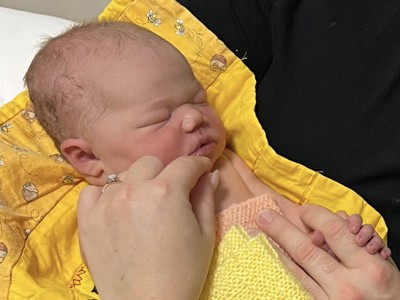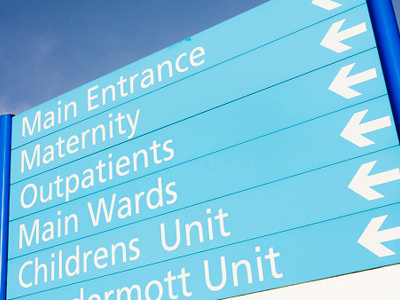
New NHS programme to reduce brain injury in childbirth – a welcome move amidst an ongoing maternity crisis
Medical negligence solicitor Firdous Ibrahim welcomes an NHS programme to boost maternity safety and prevent brain injuries during childbirth, drawing comparisons with one recent case that highlights the urgent need for improvement.
Posted on 15 May 2025
Health secretary Wes Streeting has announced his plans to make childbirth safer for all with the announcement of a safety training programme to reduce brain injuries in childbirth.
The avoiding brain injuries in childbirth (ABC) programme is designed to help maternity staff better identify signs that a baby is in distress during labour so they can act quickly.
It is also intended to help staff respond more effectively to obstetric emergencies, such as where the baby’s head becomes lodged deep in the mother’s pelvis during a caesarean birth. The government said the programme, which will begin from September and follows a pilot scheme in twelve maternity units including Leeds and Liverpool, would reduce the number of avoidable brain injuries during childbirth, helping to prevent lifelong conditions such as cerebral palsy.
Three-day-old baby would have survived if C-section was performed sooner
As a lawyer who regularly represents families who’ve lost babies at birth, this news is certainly welcome. Tragically, brain injuries during childbirth remain far too common - something brought into sharp focus by the recent inquest into the death of baby Emmy Russo.
Emmy died aged three days from a severe brain injury on 12 January 2024 at Addenbrookes’ Hospital, Cambridge. The coroner concluded there were missed opportunities to expedite delivery by caesarean section, and had an earlier decision been made, on the balance of probabilities, Emmy would have survived.
The inquest heard that signs of foetal distress, including the presence of meconium and abnormal heart rate patterns on a CTG monitor, were not acted on with the urgency required. Expert medical witnesses criticised delays in decision-making, with one concluding there were “multiple opportunities” to offer delivery by caesarean and that the management of labour fell below an acceptable standard.
Bryony and Daniel Russo, Emmy’s parents, had pleaded for a caesarean section earlier in the day - requests that were reportedly dismissed. Emmy was eventually delivered in poor condition and passed away in her father’s arms three days later. A Prevention of Future Deaths report will now be issued, focusing on the information given to mothers around induction of labour.
This training initiative is also committed to create a collaborative approach bringing together multidisciplinary teams including obstetricians, midwives and anaesthetists to work more collaboratively to improve maternity outcomes.
During her labour, Bryony was under the care of seven midwives and three obstetricians, yet in the evidence heard in the inquest, it was clear that there was a lack of communication in some instances and inadequate handovers regarding Bryony’s care, which led to repeated and compounding errors by many trained specialists.
There is a real concern about avoidable brain injuries occurring during maternity care. These injuries, often resulting from errors during birth, can have devastating consequences and lifelong impacts, not just on the babies affected, but on their families. Reducing even a fraction of these cases would mean avoiding enormous physical, emotional, and financial hardship.
While the ABC programme cannot undo past failures, it is a vital effort towards ensuring no other family suffers the same devastating loss as Bryony and Daniel due to preventable harm during childbirth.

Firdous Ibrahim
Firdous Ibrahim is a senior associate solicitor in the medical negligence department.



